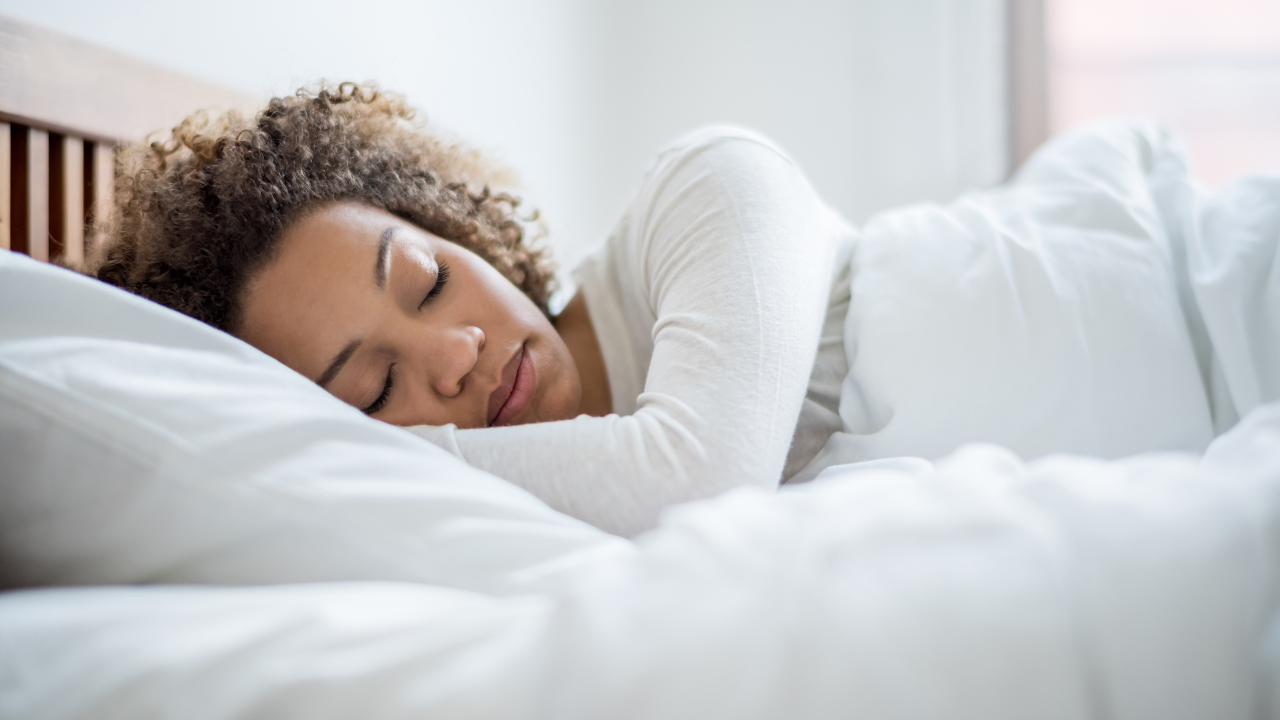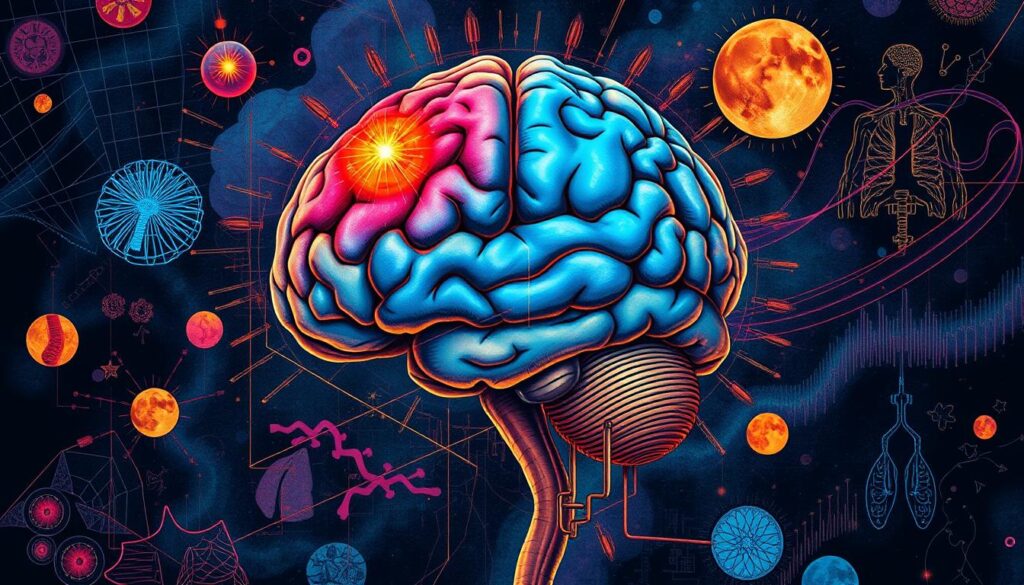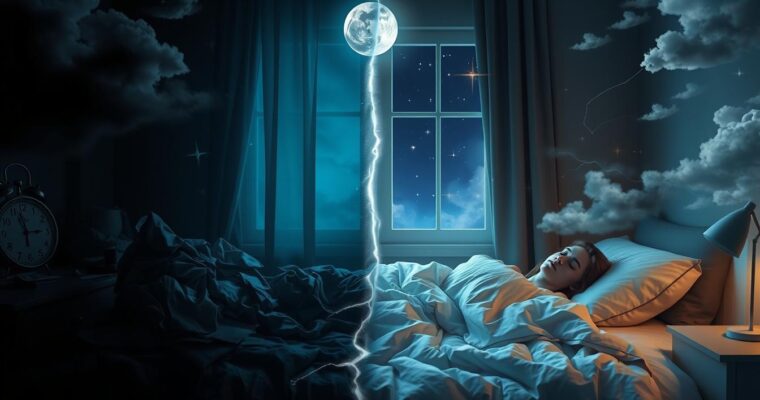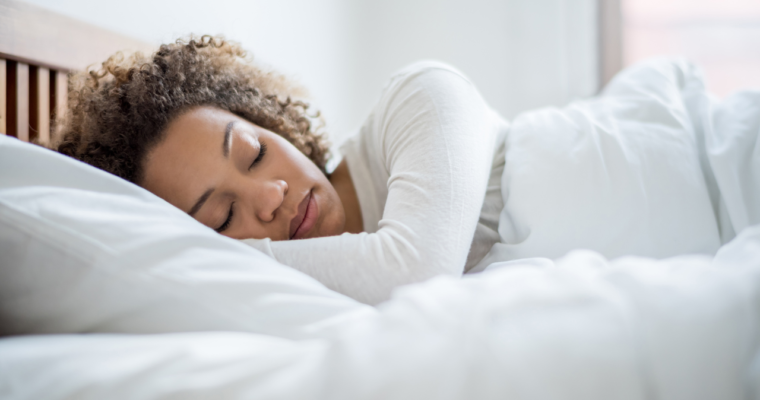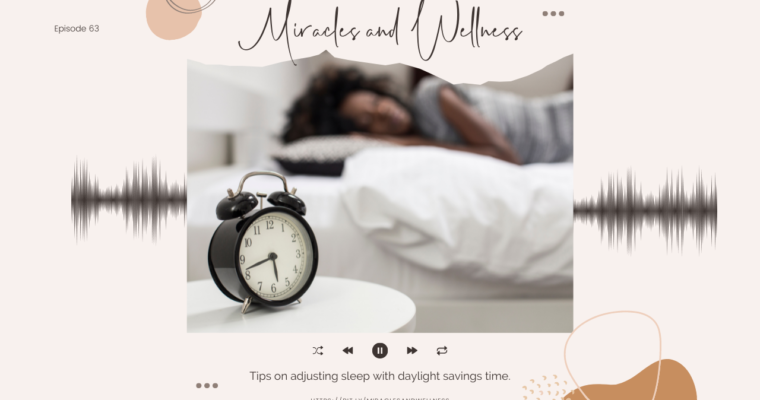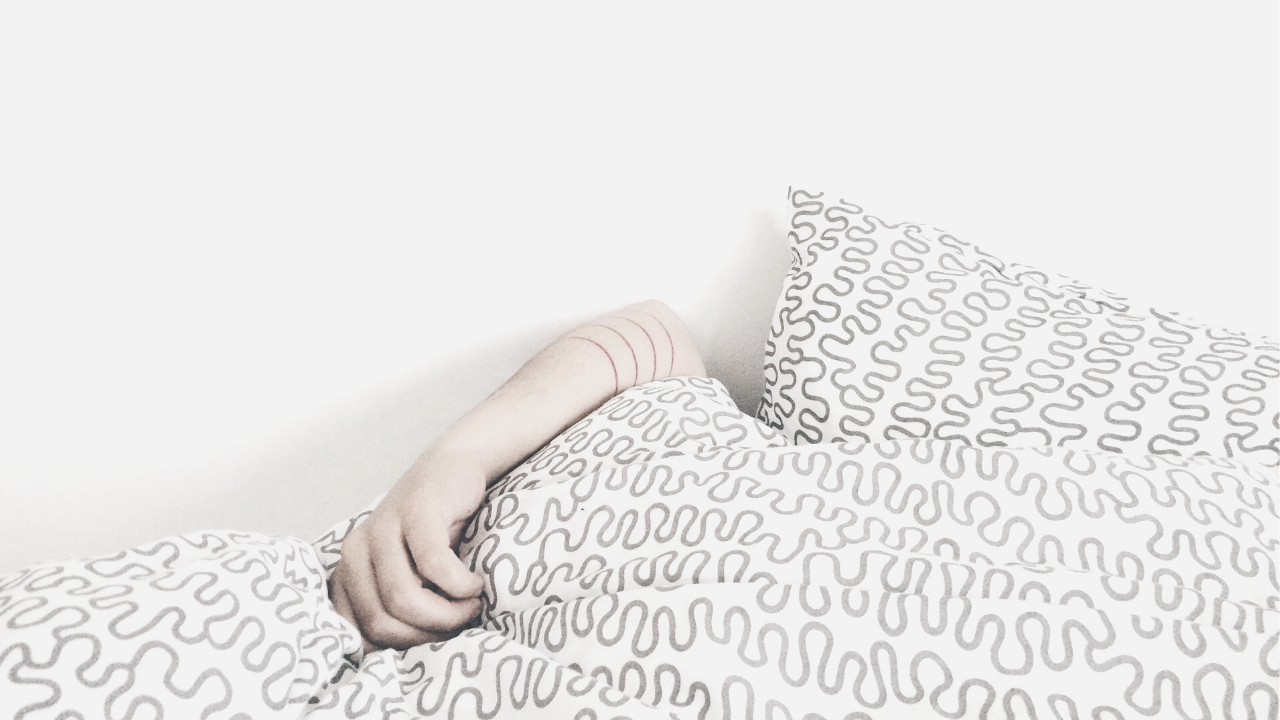Finding Peaceful Sleep: Mindful Techniques for Restful Nights
Today, I want to share some mindful techniques to help you find peaceful sleep, especially during times of change and uncertainty. The Impact of Change on Sleep Life is full of transitions, and while change can be exciting, it can also disrupt our sleep patterns. …


